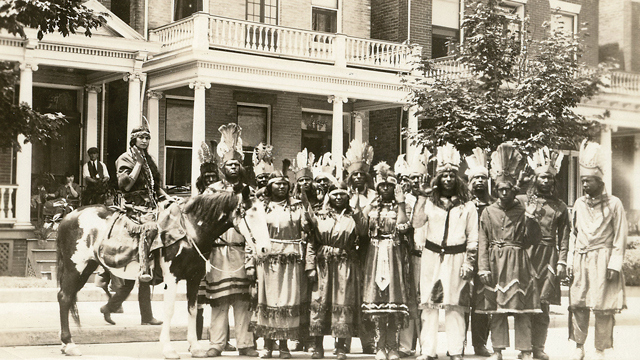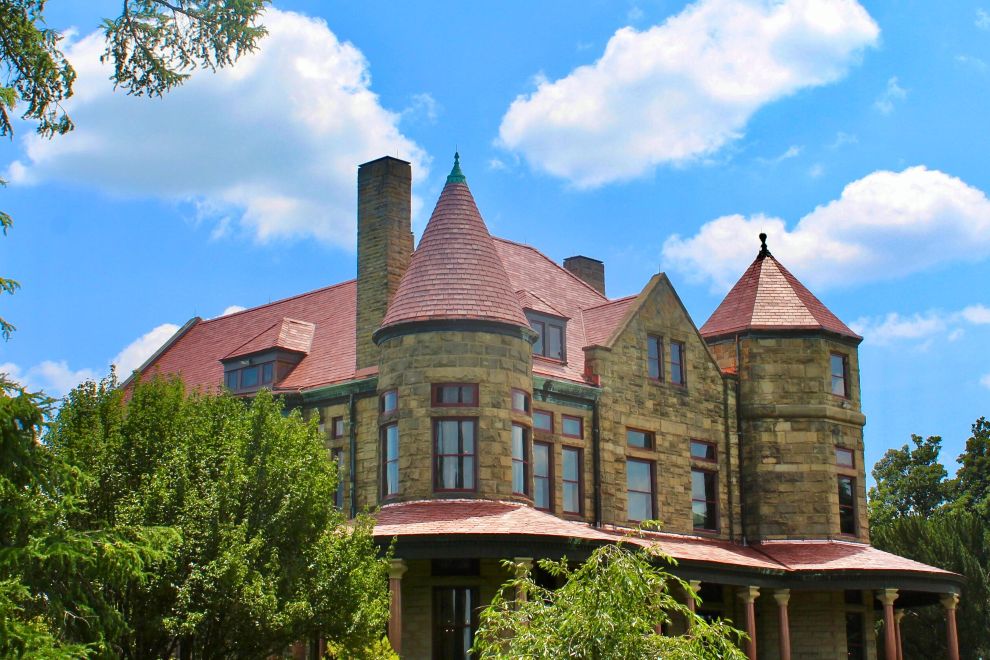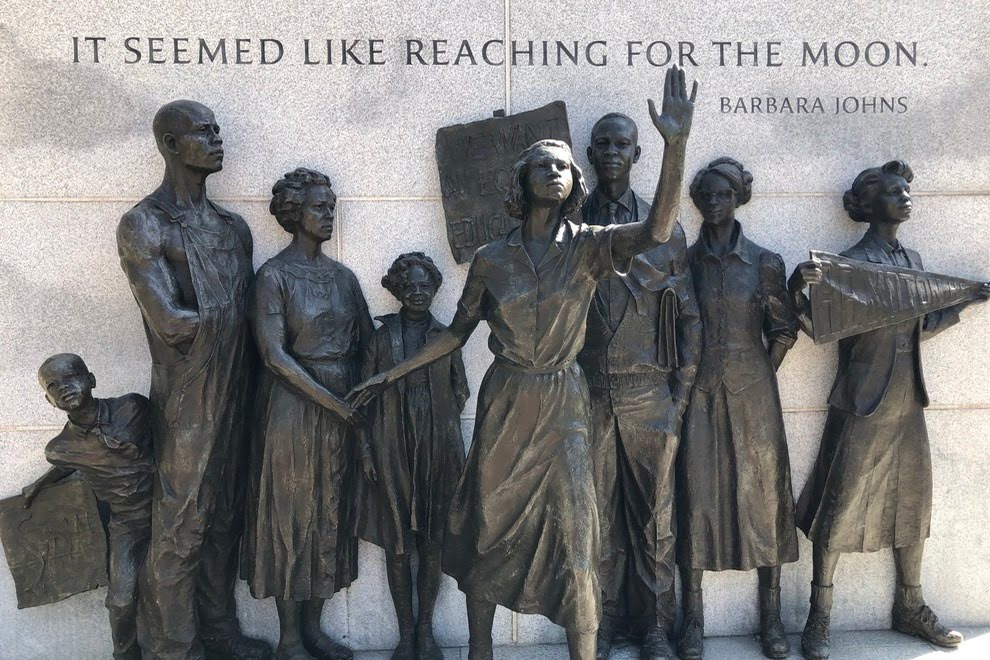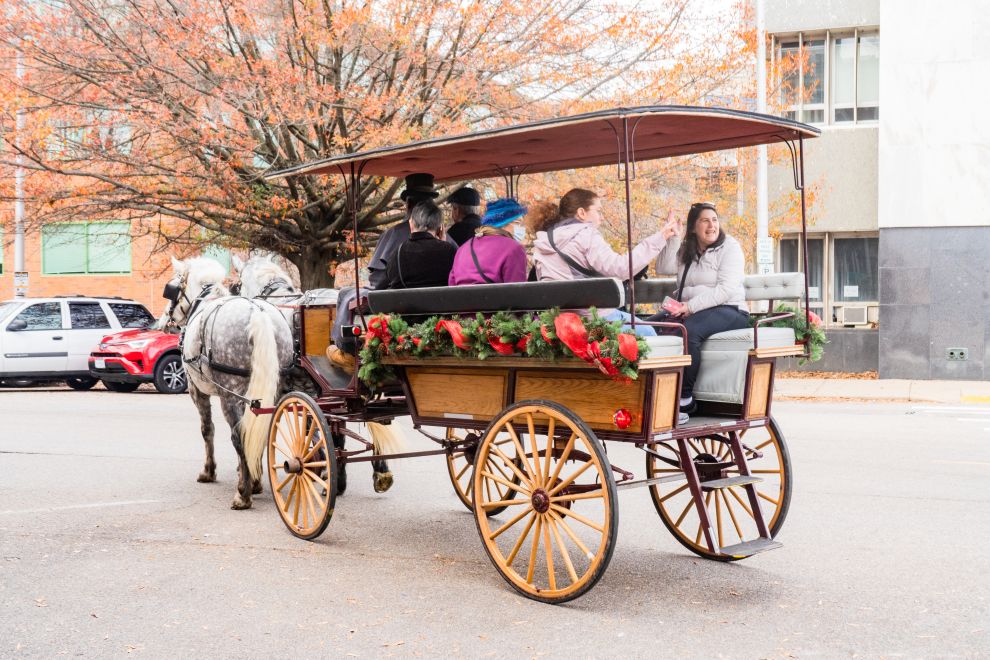With the establishment of Jamestown, a long and complicated relationship between Native Americans – the first Virginians – and English colonists began.
As John Smith explored the surrounding territory in 1607, he traded with one tribe that lived in villages along the river that shares their name. This tribe was self-governed by a council of elders and taught the colonists how to preserve food. Over the next seventy years, their relationship with the English and neighboring tribes turned tumultuous as the Anglo-Powhatan Wars waxed and waned. One notable 1614 treaty, which they negotiated independently of other tribes after the First Anglo-Powhatan War, promised the colonists 300 fighting men from the tribe in case of war with the Spanish. Under this treaty, the tribe also paid a yearly tribute of two bushels of corn per fighting man. But by 1644, they were fighting the English again. That war ended with a treaty that established reservations for the Native American population of the Virginia territory in King William County.
The Chickahominy, however, refused to sign a subsequent treaty that would make them subservient to the Pamunkeys. For this, they were eventually forced off their King William reservation. The descendants of the Chickahominy tribe relocated formally to Charles City County in 1820, where they still reside and where they gained state recognition in 1983. Today, about 875 members still live within five miles of this reservation.
Photo: W. Palmer Gray Collection, The Valentine





